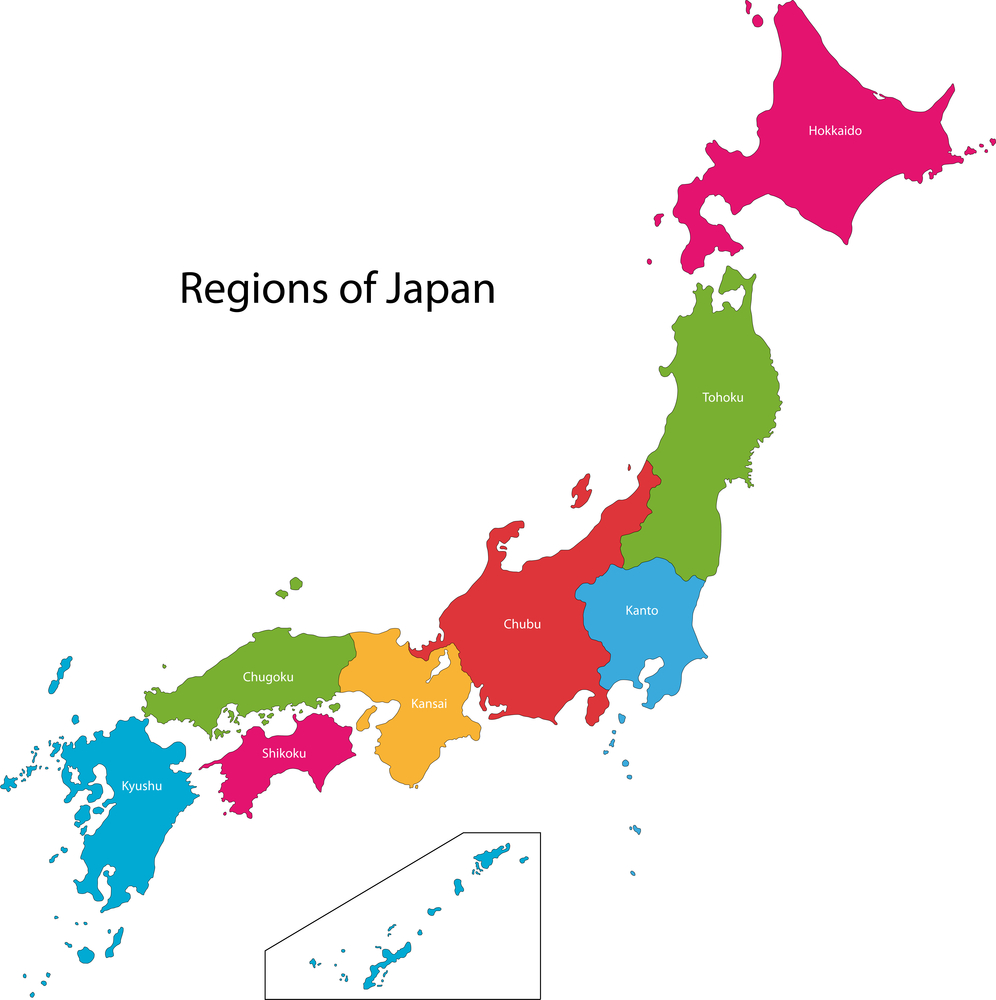“Japanese companies are too scared to touch their overseas acquisitions” – Nidec’s Nagamori
Shigenobu Nagamori, the billionaire founder of the world’s biggest manufacturer of micro-motors for hard disks and optical drives, Nidec, has acquired more than 40 companies in Japan and overseas. He comments in a Nikkei Business article that “you cannot just leave foreign acquisitions alone to get on with things by themselves. You need thorough mutual understanding and to even replace management if necessary.”
“Although you no longer hear about Japanese companies sending lots of managers over to their overseas subsidiaries who end up issuing all sorts of misguided directions, you now hear of companies who say ‘we think the same way as the counterpart management’ and so decide to buy the company and then just leave the management as is.”
“This is an illusion. Actually they are being left alone because the Japanese company doesn’t really understand what they are doing. It ends up with compromising on the necessary management reforms and profit targets.”
“I have regrets myself. We acquired 10 or so companies in Europe and North America from about 2010. We were warned by various companies who had M&A experience and financial institutions that we couldn’t restructure foreign companies the way we would Japanese acquisitions and that it was best to ‘leave it up to the foreigners’ otherwise they will quit”
“I thought that was true at the time. I also took on board the advice that Japanese managers needed to be people with Harvard degrees and a network amongst foreign executives.”
“However one company did not make any improvement no matter how often I set profit targets. I thought there must be something wrong with the company management as such a company should as a matter of course achieve profit margins over 15% but I was told that it was the limit for their industry.”
“In Japan you would try to persuade the management to adopt our “kaizen” knowhow (knowledge of how to improve) but we hit a wall with this in the West. So in 2012 we changed the management of the acquired company. But you can’t do it like pulling a trigger. I make a point of visiting each company at least once a year and have dinner not just with the executives but also the managers and discuss things with them. I also encourage them to send emails directly to me and I respond to them. I am trying to understand all the ideas people have for improving profitability.”
“It’s important that people in the company understand my thinking and I understand whether they are capable of understanding. If they are then it doesn’t matter if the CEO is changed. ”
“It’s the same in Japan. Communication is important. If you just cut back costs and improve profit, the company will not survive in the long term. Where is there waste, how can we make the most profitable products – the basics are the same in Japan or elsewhere. If this is understood, then overseas companies can be reformed too.”
“I think Japanese companies are too scared to touch their overseas subsidiaries. They overthink the differences. I used to be like that, but there is no need. The basics of management are the same everywhere.”
For more content like this, subscribe to the free Rudlin Consulting Newsletter. 最新の在欧日系企業の状況については無料の月刊Rudlin Consulting ニューズレターにご登録ください。
Read More
